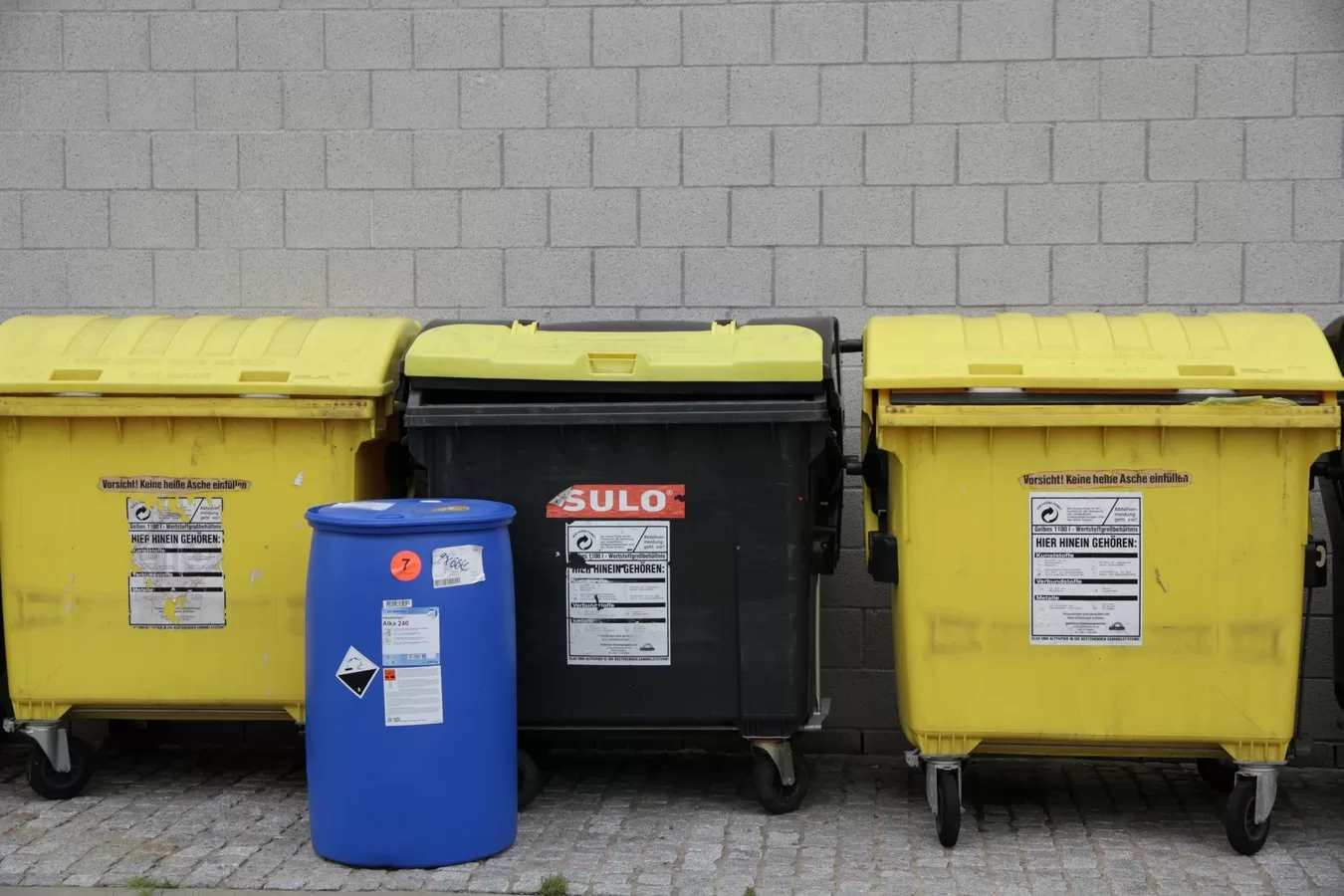A septic tank is an essential sewage treatment plant found in rural areas where traditional sewage systems are absent. It allows for the decomposition of organic matter in sewage under oxygen-free conditions.
However, if your septic pump is broken, the smell will be really bad. That’s a sure signal for a septic pump replacement.

But there are things you can do to speed up the decomposition process and minimize those unpleasant odors if your septic pump is right. Let’s break it down into these steps.
Basic Introduction to Your Septic Tank
A septic tank is like a hidden garden where waste decomposes naturally. It’s designed for individual homes or small clusters of houses. Before diving into maintenance, you should ensure your septic tank is constructed following local regulations and guidelines.
Regular Backups
Just as you maintain a garden, you must keep an eye on your septic tank. Regularly back up your septic tank to ensure that all your data, like precious flowers, is safe and can be quickly restored.
Understand the Smell
A well-kept garden should be odor-free. In the same way, your septic tank should not emit strong odors. It’s natural to have some smell around the access points. But there might be an issue if you notice persistent and powerful odors. Keep an eye on this.
Read Also :
Decomposition Importance
Decomposition in the septic tank is the key to a healthy system. However, not all materials break down effectively. To prevent your septic tank from becoming a mere storage tank, ensure a constant supply of biodegradable organic matter.
Regular Emptying
To keep your garden blooming, you need to remove weeds. In the same way, your septic tank needs to be emptied regularly. Whether decomposition is happening or not, an emptying routine is essential.
Sizing and Installation
For a garden to flourish, certain rules must be followed. Similarly, for your septic tank to function well, it must be the right size, installed correctly, and emptied regularly. Neglecting any of these aspects could lead to odor problems and expensive issues.
Blockage and Overflows
Sometimes, your garden gets blocked with weeds or too much water. Similarly, your septic tank can get blocked, leading to a bad smell. Avoid overloading your septic system, and ensure proper drainage.
Content Matters
The septic tank is where waste decomposes. Just like in your garden, ensure that only suitable materials enter it. Avoid oils, fats, grease, or non-conventional sewage that can clog the system.
Good Ventilation
Just like a garden needs fresh air, your septic tank should have proper ventilation. Odors can be released if the system isn’t vented correctly. Consult a professional if you face this issue.
Balancing Bacterial Ecosystem
A garden needs a balanced ecosystem to thrive. Similarly, your septic tank relies on a healthy bacterial ecosystem. Avoid antibacterial substances, food scraps in large quantities, or sulfate-rich geothermal water that disrupts the ecosystem and leads to odors.
Finding the Cause of the Odors
If you notice a foul smell, it’s time to troubleshoot. Check for leaks, empty the tank if required, ensure the drainage is not blocked, and verify that the sewage is reaching the tank. If none of these steps solve the problem, consider using enzyme or bacterial mixtures specifically designed to improve septic tank efficiency. If odors persist, consult a professional.
As a final point, just like maintaining a beautiful garden, it is crucial to take care of your septic tank to ensure a pleasant and odor-free environment.
Regular maintenance to avoid blockages, proper decomposition, appropriate sizing, and installation are the fundamental pillars of a well-functioning septic system. In case of unpleasant odors, follow these simple steps to get rid of them and keep your septic tank smelling fresh.









